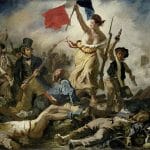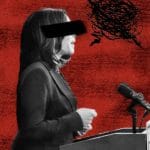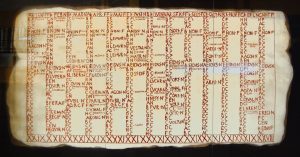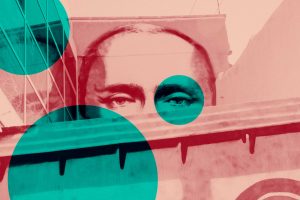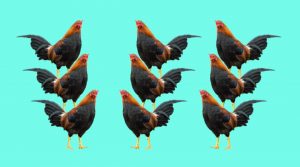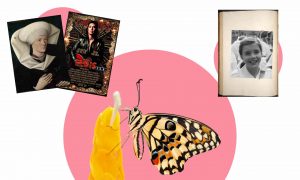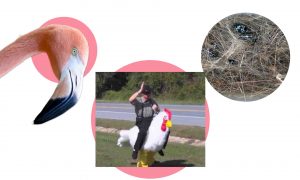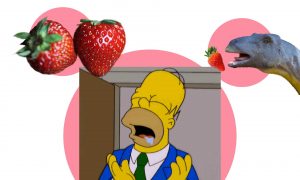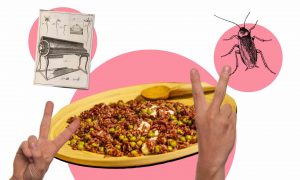Test your financial knowledge from the origins of currency to the richest people on the planet in our quiz designed to expand your economic acumen. Do you know your Juno from your Musk? Let’s find out.
1. To which goddess is the word of money related to?
- a. Fortuna
- b. Juno
- c. Minerva
b. Juno, since one of her titles was Moneta. Juno Moneta was the protectress of funds in ancient Rome and therefore money was often coined in her temple. Cicero traced the etymology of Moneta to the verb ‘monēre’ (to warn) and linked the epithet to the story of the geese guarding her temple that warned the Romans of the approach of the attacking Gauls in 390 BC.Others relate it to the warning or caution that should accompany the use of money. Modern scholars reject this because the Moneta seems to have been a separate goddess that was only later linked to Juno during the Romanisation of the Italian peninsula. They prefer the Greek ‘moneres’, meaning ‘unique’.
2. Where were the first known banknotes (paper money) developed?
- a. China
- b. Egypt
- c. USA
a. Whilst promissory notes existed in other parts of the world, such as Catrthage, even before the use of banknotes that are known to have been in use Tang dynasty China (618–907), these were made of leather or other bulkier materials.
3. Which one of the following EU countries is a Euro Area member:
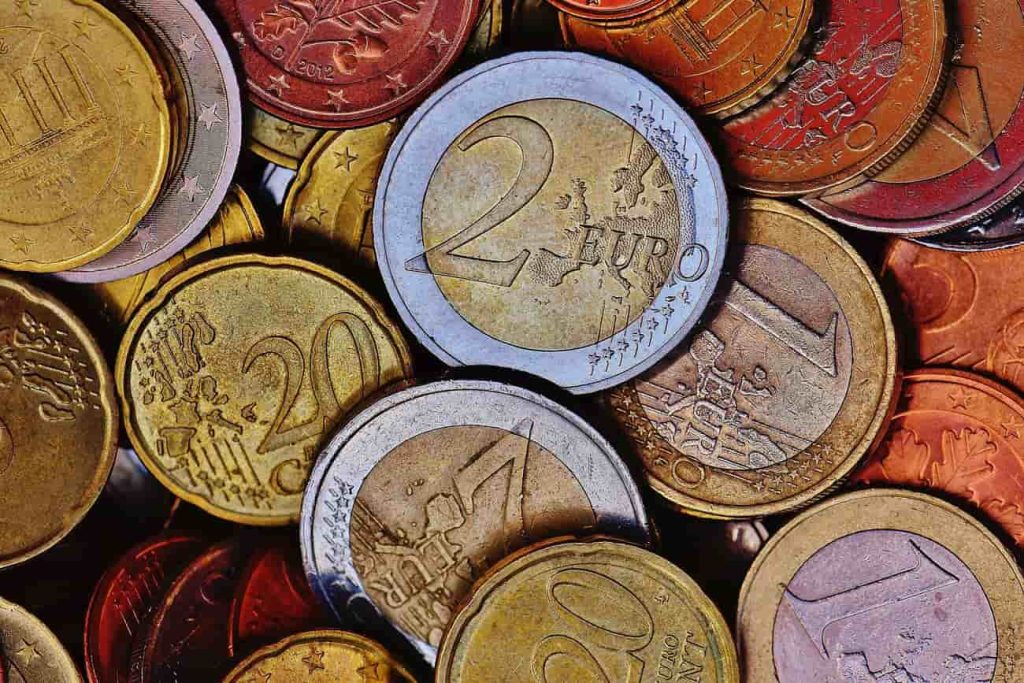
- a. Bulgaria
- b. Czechia
- c. Hungary
- d. Poland
- e. Slovenia
- f. Romania
- g. Sweden
e. Slovenia joined the Eurozone on January 1, 2007. It was the first of the ten countries that joined the EU on 1 May 2004.
4. Which king, known for his exorbitant wealth was, according to some legends, saved from the pyre after his defeat by Cyrus the Great, by recalling Solon’s warning?
- a. Midas
- b. Minos
- c. Croesus
c. According to Herodotus, after Croesus had tried to impress Solon (one of the Seven Sages) with his enormous wealth, he was shocked when in his reply to his question as to who was the happiest person on earth, Solon mentioned three ordinary people who died noble deaths.When angrily challenged by the king, Solon reminded him of the fickleness of fortune and told it would not be possible to evaluate his overall happiness until the final recoining. When that day arrived, Croesus remembered the admonition and lamented at how right Solon had been.This aroused Cyrus’s curiosity and led him to stay the execution until he could learn what these last words could mean. The story impressed Cyrus so much as to lead him to spare Croesus and according to most versions of the story, to keep him as his advisor.
5. Which ruler was, according to legend, buried in the Busento riverbed in southern Italy with much of his huge treasure?
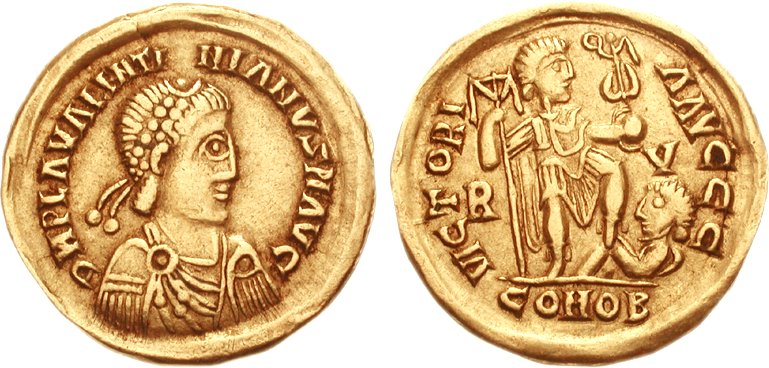
- a. Tarquinius Superbus
- b. Charlemagne
- c. Diocletian
- d. Alaric I
d. In accordance with Visigothic tradition, Alaric’s burial involved the diverting of a stream where his grave was then dug out and his body and riches deposited. After the burial, the river was turned back into its usual course and the captives involved in the process were killed off. The hunt for Alaric’s treasure is still ongoing.
6. Which of the following is the etymology of salary related to?

- a. Celery
- b. Salt
- c. Cellar
- d. Salad
b. The word comes from the Latin ‘salarium’, originally denoting a Roman soldier’s allowance to buy salt, from ‘sal’ (salt).
7. Who, from the following, is the richest person in the world?
- a. Elon Musk
- b. Warren Buffett
- c. Jeff Bezos
- d. Jack ma
a. Elon Musk, who whose wealth is estimated at $190 billion. He overtook Jeff Bezos on September 2021.
8. From which musicals do these songs originate from?

- a. Money Money
- b. If I Were a Rich Man
- c. Wouldn’t it be Loverly (All I want is a room somewhere…)
a. Cabaret (1972)b. Fiddler on the Roof (1967)c. My Fair Lady (1964)
9. What does OECD stand for?
- a. Operations for Economic and Cultural Development
- b. Organisation for Economic Co-operation and Development
- c. Organisation for Environmental and Climatic Development
- d. Order of Enlightened and Celebrated Dignitaries
b. The Organisation for Economic Co-operation and Development is an intergovernmental organisation founded in 1961 the aim of which is to stimulate economic growth and world trade. It currently, 38 countries are members of the organisation.




